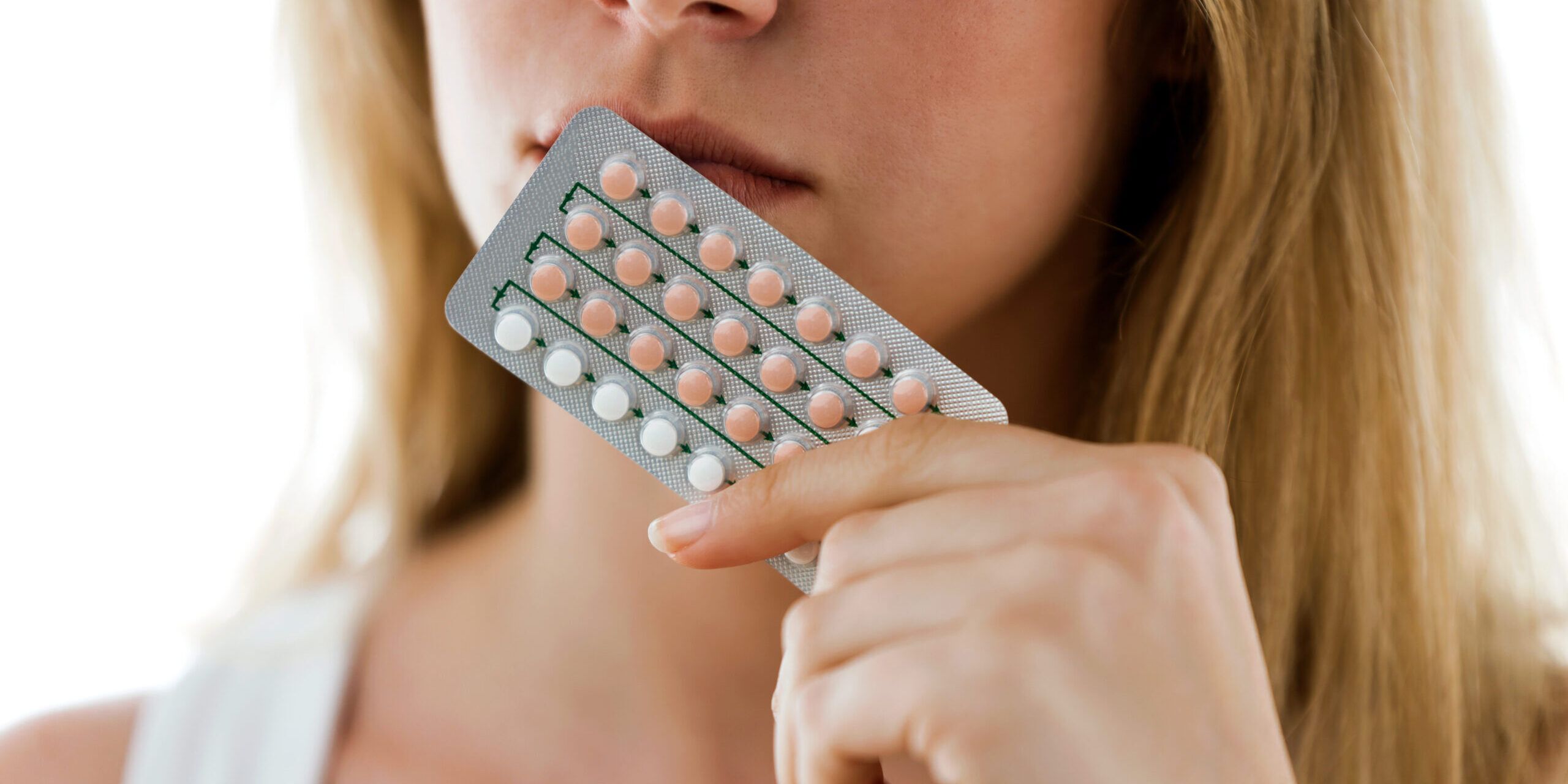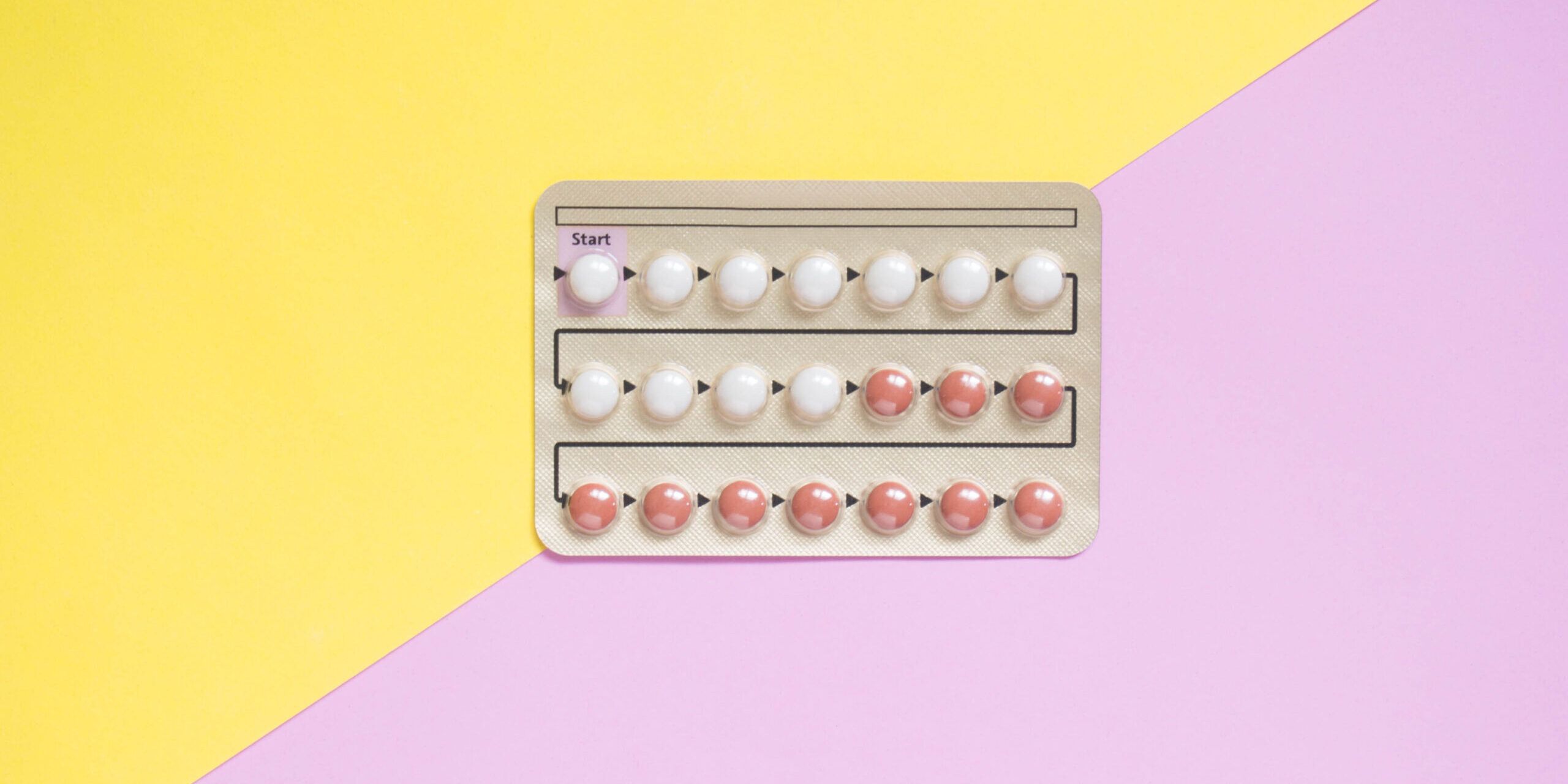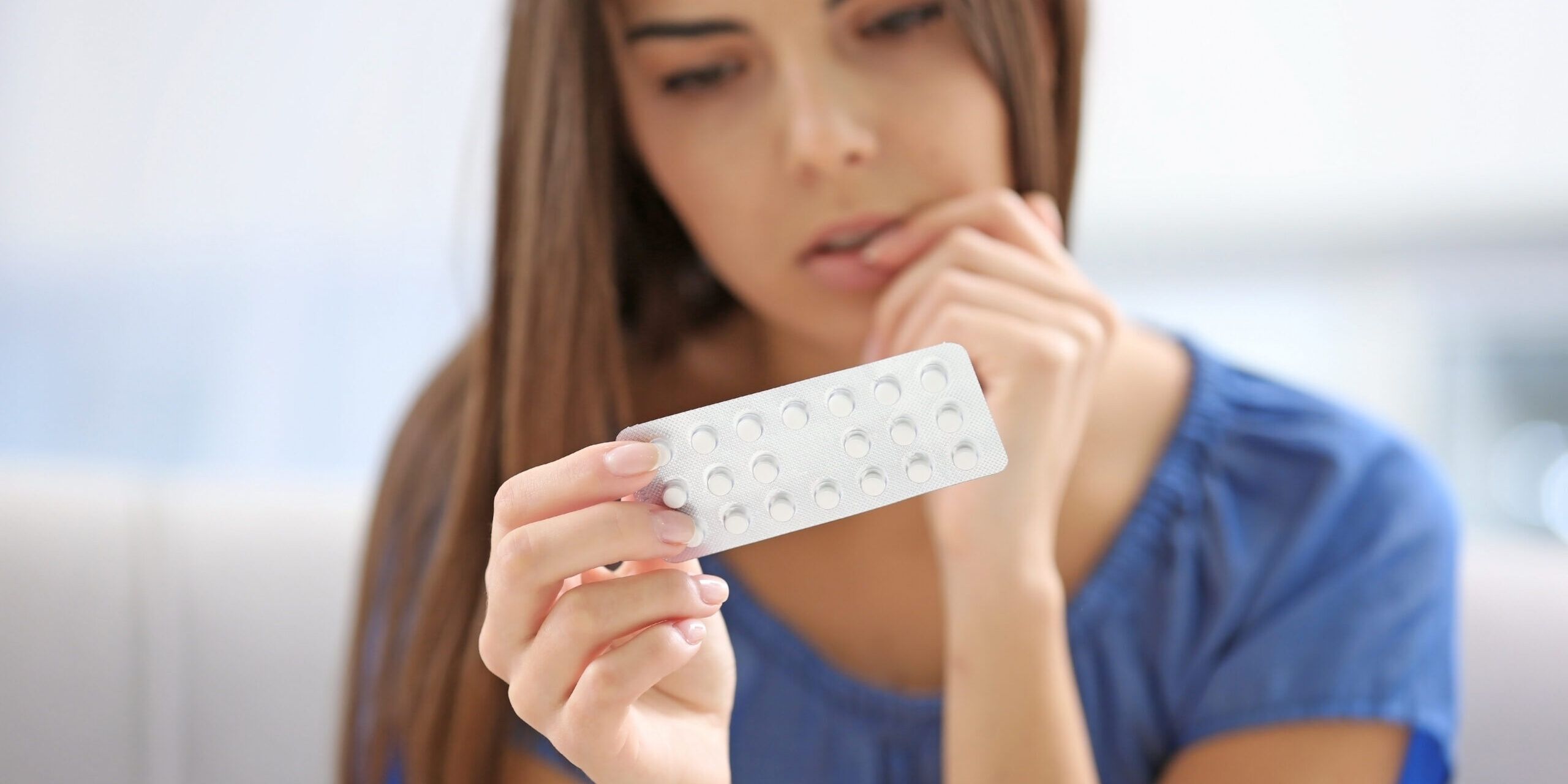Get your ticket to DUTCH Fest 2026! Join us March 12-14 in Dallas, TX for cutting-edge hormone education and hands-on learning. Learn more and register today.*
*DUTCH Fest is exclusive to registered DUTCH Providers. Only registered DUTCH Providers can attend.
Hormonal Contraceptives and the DUTCH Test
Rebecca Clemson, ND
Hormonal Contraceptives and the DUTCH Test
by Rebecca Clemson, ND

Hormonal contraceptives come in many forms but fall into one of two categories: combination (ethinyl estradiol and a progestin) and progestin-only. While there is some overlap in how these categories work as birth control, they can affect sex hormone production differently.
So, that begs the question: should patients test sex hormones while using hormonal contraceptives?
This is one of the most common questions DUTCH clinical educators are asked, and the answer is—it depends. What information do providers hope to gain from testing? Understanding the different types of birth control and how they work will help to clarify the usefulness of testing.
The DUTCH Test measures endogenous hormones made by the body or bioidentical hormones being supplemented. DUTCH is unable to measure the synthetic hormones found in hormonal contraceptives or their metabolites. The same is true of serum testing.
Let’s breakdown the different types of hormonal contraceptives and see if it would be appropriate for patients to test while using them.

Combination Hormonal Contraceptives
Combination forms of hormonal contraceptives include combination oral contraceptive pills (OCPs, often called “the pill”), patches, and vaginal rings. These methods all work by blocking communication from the brain to the ovaries. Pituitary hormones follicle stimulating hormone (FSH) and luteinizing hormone (LH) are suppressed and no longer signal estrogen and progesterone production from the ovaries.
Testing sex hormones in urine or serum while a patient is using combination OCPs will show low levels of progesterone and estrogen, as endogenous production is suppressed. Low (or postmenopausal) levels are normal and show that the combination birth control is working as it should.
Combination OCPs also increase sex hormone binding globulin (SHBG) which can decrease circulating levels of free androgens. Keep this in mind when testing androgens if a patient is taking these forms of hormonal contraceptives. DUTCH measures bioavailable hormone levels and results will reflect the OCP’s effect on circulating levels.

Progestin-Only Hormonal Contraceptives
Progestin-only forms of hormonal contraceptives come in multiple forms as well. These include pills (progestin only pills (POPs), or “the minipill”), intrauterine devices (IUDs), implants, and shots. The shot (Depo-Provera) contains a very strong progestin, depo medroxyprogesterone acetate, and works similarly to combination HCs by suppressing communication between the brain and ovaries. The result is low estrogen and progesterone.
POPs, IUDs, and implants operate a little differently. They mainly work by thinning the uterine lining to prevent implantation and thickening cervical mucus to block sperm. Progestin IUDs can also decrease sperm motility.
Progestins can also have a direct effect on ovarian function, decreasing estrogen production and affecting follicular development. Additionally, they can inhibit LH signaling. Together these actions can inhibit ovulation—but not always. The type and dose of progestin used dictates the likelihood of suppressed ovulation.
Progestin IUDs do not suppress ovulation for most users after the first year of utilization. POPs with norethindrone suppress ovulation approximately 60% of the time. Whereas POPs with drospirenone and etonogestrel implants effectively inhibit ovulation during most cycles.

When to Test
With normal cycling hormones, it is best practice to test during peak luteal phase levels of progesterone and estrogen production post-ovulation. When testing patients on a hormonal contraceptive that suppresses progesterone and estrogen production, consider testing on any day.
Utilizing ovulation predictor kits (OPKs) or basal body temperature (BBT) testing can be helpful to identify ovulation when using progestin IUDs or norethindrone progestin-only pills. With the implant, it is best practice to time testing with menses. If menses are irregular, test on any day.
When discontinuing any type of hormonal contraceptive, consider waiting three menstrual cycles before testing sex hormones. This will help establish a better baseline of endogenous production without the influence of the hormonal contraceptive.
Long story short: with combination estrogen/progestin hormonal contraceptives and the Depo-Provera shot, endogenous estrogen and progesterone production is suppressed and will be low upon testing. With POPs, implants, and IUDs, estrogen production varies, and ovulation may or may not be inhibited. Testing can be tricky but will show endogenous levels of production.
Still unsure about when to test ? Contact DUTCH with any additional questions regarding testing while on birth control.
Hormonal Contraceptives Grouped by their effect on hormone production
Low Progesterone and Estrogen
- Combination Oral Contraceptive Pills
Ex: Yaz, Ortho, Sprintec, Loestrin, many others - Vaginal Ring
Ex: NuvaRing, EluRyng, Annovera - Patch
Ex: Xulane, Twirla - Injection
Ex: DepoProvera
Progesterone and Estrogen Levels Vary by User
- Progestin IUD
Ex: Mirena, Liletta, Kyleena, Skyla - Norethindrone containing progestin-only pill
Ex: Camila, Heather, Lyleq, many others
*Note approx. 40% of users ovulate with this type of pill
Low Progesterone, Estrogen Levels Vary by User
- Implant
Ex: Nexplanon - Drospirenone containing progestin-only pill
Ex: Slynd - Norethindrone containing progestin-only pill
Ex: Camila, Heather, Lyleq, many others
*Approximately 60% of users do not ovulate with this type of pill
- Low dose combination OCPs with 10 mcg of ethinyl estradiol
Ex: Lo Loestrin Fe
*For some users, this low dose will not completely inhibit estrogen production
- Combination OCPs with estradiol valerate
Ex: Natazia, Qlaira
*Estradiol valerate is bioidentical, estrogens and their metabolites will be falsely elevated on the DUTCH test due to first pass metabolism if taken within 3 days of testing
References
- Cooper DB, Patel P, Mahdy H. Oral Contraceptive Pills. [Updated 2022 Nov 24]. In: StatPearls [Internet]. Treasure Island (FL): StatPearls Publishing; 2022 Jan-. Available from: https://www.ncbi.nlm.nih.gov/books/NBK430882/
- Panzer C, Wise S, Fantini G, et al. Impact of oral contraceptives on sex hormone-binding globulin and androgen levels: a retrospective study in women with sexual dysfunction. J Sex Med . 2006;3(1):104-113. doi:10.1111/j.1743-6109.2005.00198.x
- Depo-Provera® CI clinical pharmacology (medroxyprogesterone acetate injectable suspension, for intramuscular use). DEPO-PROVERA® CI Clinical Pharmacology (medroxyprogesterone acetate injectable suspension, for intramuscular use) | Pfizer Medical Information - US. . Published 2023. Accessed March 14, 2023.
- Dinehart E, Lathi RB, Aghajanova L. Levonorgestrel IUD: is there a long-lasting effect on return to fertility?. J Assist Reprod Genet . 2020;37(1):45-52. doi:10.1007/s10815-019-01624-5
- Obruca A, Korver T, Huber J, Killick SR, Landgren B-M, Struijs MJ. Ovarian function during and after treatment with the new progestagen org 30659. Fertility and Sterility . 2001;76(1):108-115. doi:10.1016/s0015-0282(01)01824-6
- Maddox DD, Rahman Z. Etonogestrel (Implanon), Another Treatment Option for Contraception. P T . 2008;33(6):337-347.
- Regidor PA, Colli E. Drospirenone 4 mg in a 24/4 regimen maintains inhibition of ovulation even after a 24-h delay pill intake - Pharmacological aspects and comparison to other progestin-only pills. Eur Rev Med Pharmacol Sci . 2022;26(6):1994-1999. doi:10.26355/eurrev_202203_28348
- Rosenbaum P, Schmidt W, Helmerhorst FM, et al. Inhibition of ovulation by a novel progestogen (drospirenone) alone or in combination with ethinylestradiol. Eur J Contracept Reprod Health Care . 2000;5(1):16-24. doi:10.1080/13625180008500376
TAGS
Women's Health
Premenopausal Women
Birth Control
Amenorrhea